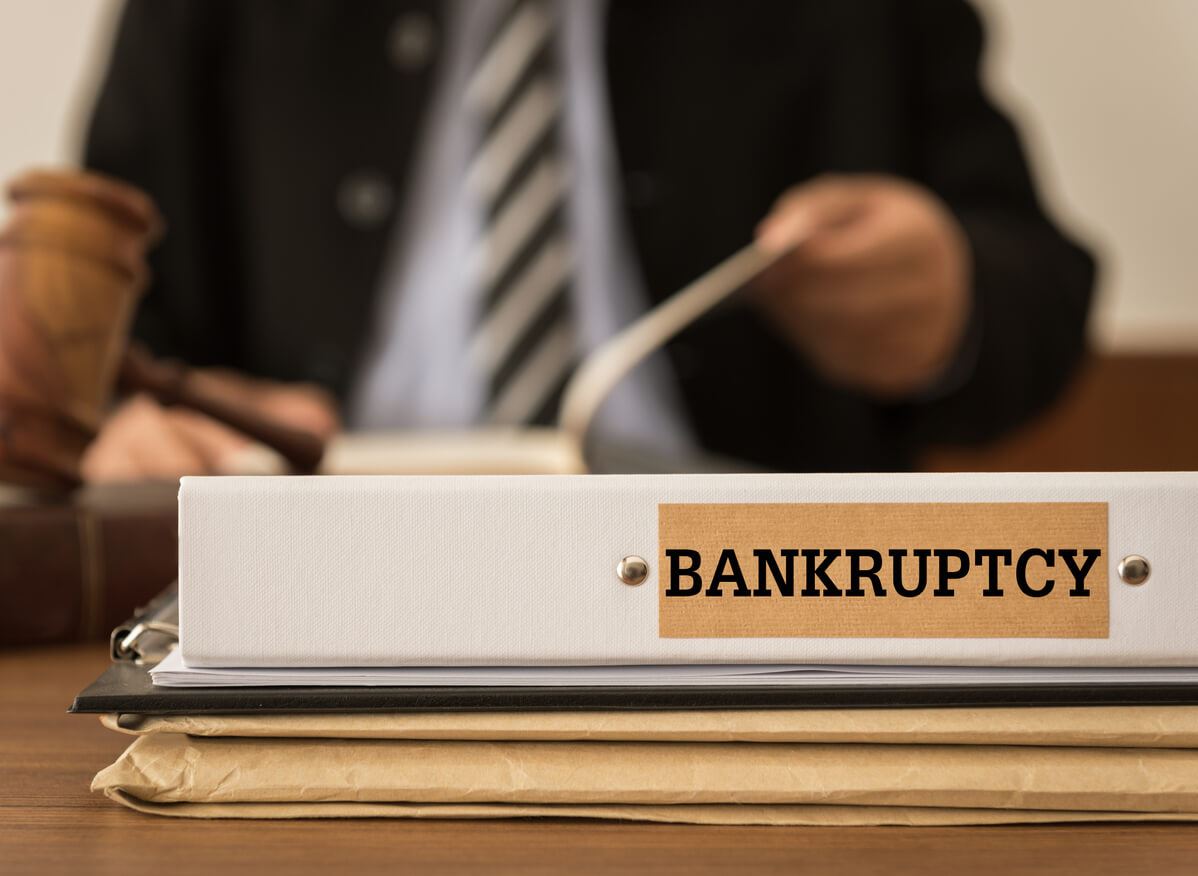The type of bankruptcy you file will determine, in large part, how long the bankruptcy process takes. A Chapter 7 bankruptcy is much quicker than a Chapter 13 case, but a Chapter 7 will affect your credit differently than a Chapter 13. A Chapter 7 wipes out your eligible debts, whereas, in a Chapter 13 bankruptcy, you get extra time to pay off your debts.
A Georgia bankruptcy attorney can discuss your situation and answer your questions, like “How long does the bankruptcy process take?”
Steps You Need To Take With A Chapter 7 Or 13 Bankruptcy In Georgia
Bankruptcy courts in Georgia will not let you file your bankruptcy case until you complete a credit counseling course with an approved agency. The entire course can be done remotely in as little as 30 minutes.
You will need to assemble information about your debts, assets, and income. Your lawyer will take that data and write the documents the court requires. Once your case gets filed, your creditors are not allowed to try to collect the debts.
The bankruptcy court will schedule a Section 341 hearing for a bankruptcy trustee to review your petition and other papers with you and your attorney about a month after the initial filing. The purpose is to confirm that you have not forgotten to list any of your assets or debts.
What Happens In A Chapter 7 Bankruptcy Case After The Section 341 Hearing
In a Chapter 7 bankruptcy, also called a personal bankruptcy, you ask the court to discharge your eligible debts. A couple of months after your Chapter 341 hearing, the bankruptcy court can permanently eliminate your dischargeable debts.
You usually cannot wipe out student loans, child support arrearages, or unpaid taxes in a Chapter 7 bankruptcy. A Chapter 13 bankruptcy could be a good option for you if you have a significant amount of debts that you cannot eliminate in a Chapter 7 proceeding.
What Happens In A Chapter 13 Bankruptcy Case After The Section 341 Hearing
If you have a house or car you want to keep or to lower your high credit charge interest, you might want to pursue a Chapter 13 instead of a Chapter 7 bankruptcy. With Chapter 13, you set up a monthly repayment plan and pay off your eligible debts in three to five years. After the court approves your repayment plan, you get a fresh start financially, as long as you continue making your payments.
You cannot get rid of debts like back child support, student loans, or tax debts through a Chapter 7 bankruptcy, but in Chapter 13, you can try to get a more favorable payment schedule to ease the burden of these debts and maintain positive cash flow for your living expenses.
These timelines assume that you work with a bankruptcy attorney on your case. If you try to handle your bankruptcy case on your own without professional legal representation, you might find that your case takes much longer than it would if you had a lawyer on your side.
If you are thinking about getting control over seemingly insurmountable debts, you might want to talk to a Georgia bankruptcy attorney for guidance. Contact our office today to set up a consultation to discuss your bankruptcy options.


